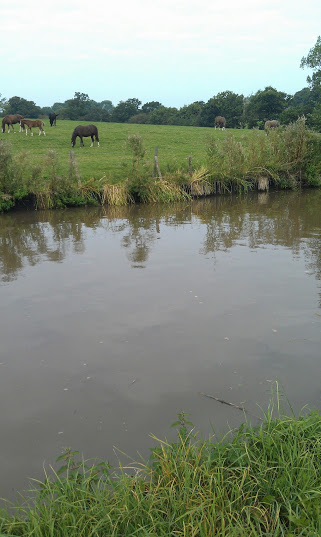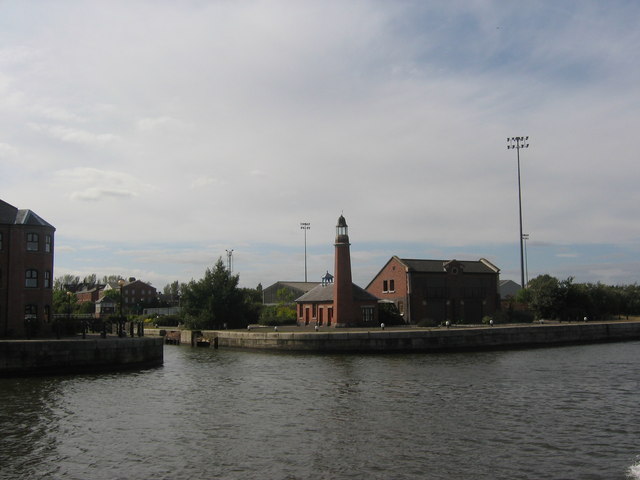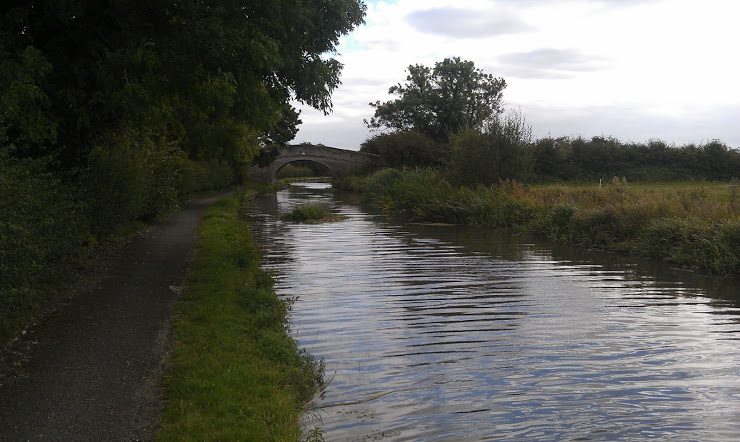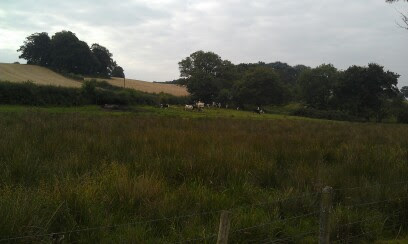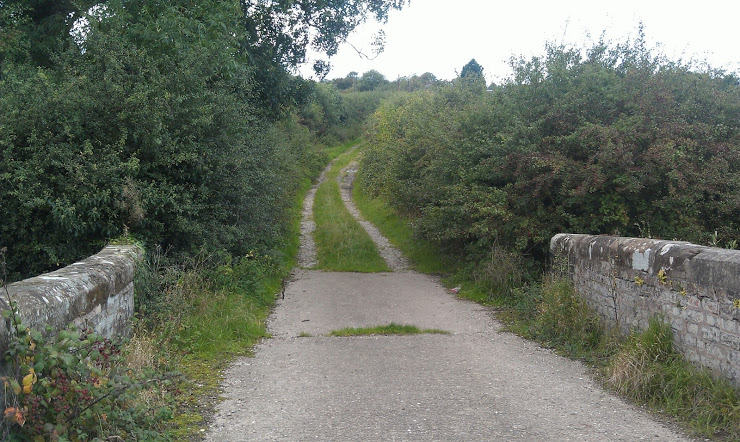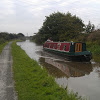 After pictures of Wales, here is different sort of experience of man's work with the land. It is a walk (definitely a walk and not a hike) along the towpath of an 18th century canal near Chester in Cheshire, England. This is just about 5 miles from where I grew up. The Cheshire countryside is prime agricultural land. Never dramatic enough to be a tourist destination, I nevertheless love the gentle charm of the lush pastureland particularly when it is used for it designated purpose and you see dairy cattle or horses grazing.
The canals of Britain are an interesting man made feature that now look a natural part of the landscape. Made for transportation of heavy loads of materials they fueled the early industrial revolution and then fell into decline when the railways were established. So over just a short period, perhaps 50 years or so, at the end of the 18th and beginning of the 19th century a network was built across the country, each one an investment project for entrepreneurs, as the the railways were to become later. They fell into disrepair and lay stagnant for many years. Then in latter years, perhaps the last 50 were seen in a different light and have been dredged and cleaned. The old long boats which used to haul coal or iron ore have now been converted into floating mobile homes for holidays. The towpaths which were made for horses to walk along as they pulled the long boats canals are no longer trade routes, were turned into footpaths.
After pictures of Wales, here is different sort of experience of man's work with the land. It is a walk (definitely a walk and not a hike) along the towpath of an 18th century canal near Chester in Cheshire, England. This is just about 5 miles from where I grew up. The Cheshire countryside is prime agricultural land. Never dramatic enough to be a tourist destination, I nevertheless love the gentle charm of the lush pastureland particularly when it is used for it designated purpose and you see dairy cattle or horses grazing.
The canals of Britain are an interesting man made feature that now look a natural part of the landscape. Made for transportation of heavy loads of materials they fueled the early industrial revolution and then fell into decline when the railways were established. So over just a short period, perhaps 50 years or so, at the end of the 18th and beginning of the 19th century a network was built across the country, each one an investment project for entrepreneurs, as the the railways were to become later. They fell into disrepair and lay stagnant for many years. Then in latter years, perhaps the last 50 were seen in a different light and have been dredged and cleaned. The old long boats which used to haul coal or iron ore have now been converted into floating mobile homes for holidays. The towpaths which were made for horses to walk along as they pulled the long boats canals are no longer trade routes, were turned into footpaths.
The canals are a product of liberal capitalism and industrialization built with none of the sort of regulation and public money that such things would very likely require today, the forces that are identified very often with all that is 'satanic' to quote William Blake, about the modern world. Yet they are now, along with the factories, mill owners mansions and workers cottages built during the period seen as objects of beauty. The canals are even regarded as positive aspects of the countryside as natural as a stream or river because of the habitats for wildlife they provide. As a Christian who believes that the work of man is natural and good (when guided by God's grace) and not automatically destructive this is no surprise to me; although it may cause a few hardline greens to hesitate for a moment and think about their worldview.
The canals were built to connect the industrial cities and their start and end points are often modern industrial towns (which can be ugly). Birmingham has, so I was told at school, more mileage of canal than Venice. The Shropshire Union Canal actually starts in a place called Ellesmere Port and is a branch of the Manchester Ship Canal. This old industrial Britain close to Liverpool on the River Mersey. I think that even the locals would hesitate to recommend it as a tourist spot...for the American readers it would be a bit like starting off in Flint, Michigan or Toledo, Ohio. While the exact point of departure, shown below has some 18th century buildings that are not unattractive, the first section does take you through some of Ellesmere Ports main features, the oil refinery and car factory...no the most photogenic.
But as you start to get into open country the scenery improves.
An old canal boat. What might have carried huge loads of coal in the past is now a holiday boat.
And another!
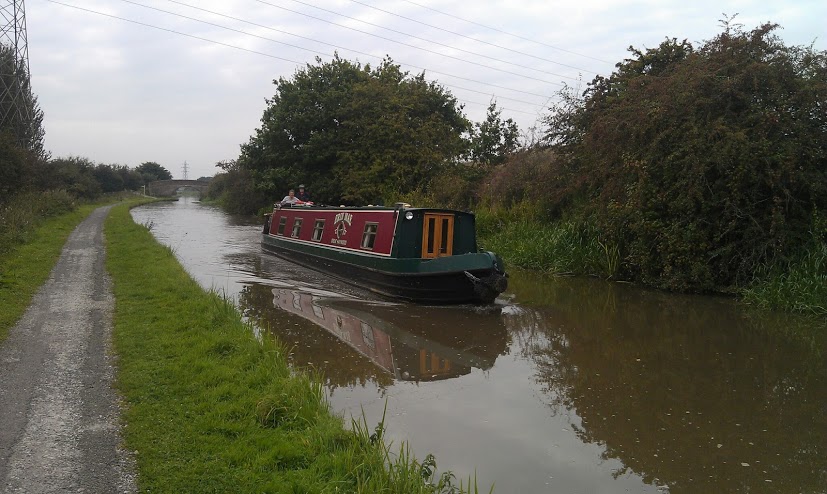
The lines of these old brick bridges are very attractive I think. Perhaps those who design the bridges that go over our motorways could learn from this?
I climbed up onto this one to have a look at the farm track that crosses over the canal.
The immediate scene is pretty, but the pylons in the distance indicate that we are still just coming out of a built up industrial area. The canal with the bridges and boats is as much an industrial landscape as the Stanlow oil refinery we see in the distance. We will know that Western culture has undergone the epiphany of beauty when even an oil refinery is a place of uplifting beauty... but we're not there yet!
